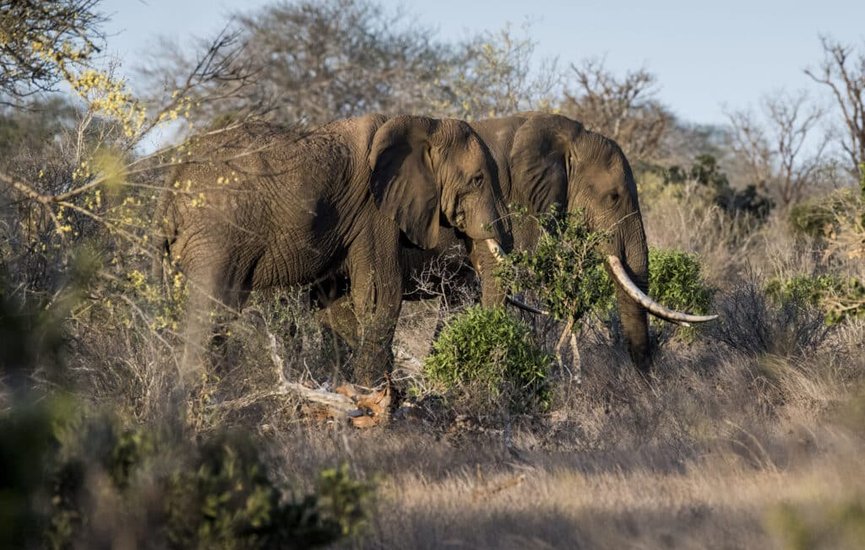As African elephants traverse vast landscapes in search of food, their immense appetites—averaging over 150 kilograms of vegetation daily—often bring them into direct conflict with human communities. Stripping leaves from trees and raiding crops, these majestic animals follow ancient migratory routes that now intersect with expanding human settlements. The result is a growing tension between conservation and survival, especially for farmers like Getrude Jackim, who has cultivated land for two decades in Kenya. Once reliant on maize, mung beans, cassava, and pigeon peas, Jackim has shifted to sesame farming, a crop elephants avoid due to its pungent scent. “I’m too old to chase them,” she says, explaining how sesame offers a safer, elephant-resistant alternative.
Jackim is one of 100 farmers supported to adopt sesame cultivation as a natural deterrent. Others, like Richard Shika, have turned to bees. Elephants are known to fear bees, and Shika has installed beehive fences—suspended hives that sway when touched, disturbing the bees and repelling elephants. With help from the conservation group Save The Elephants, at least 50 farmers have embraced this method, which not only protects crops but also provides income through honey sales. Shika harvested 29 kilograms of honey between January and June, earning 32,000 Kenyan shillings ($246), which he uses to support his family. “Apart from just deterring elephants, we get honey,” he says, highlighting the dual benefit of the approach.
Previously, Shika resorted to flaming torches and dogs to ward off elephants, a dangerous tactic that nearly cost him his life when an elephant charged after stepping on a torch. As elephant populations rebound due to successful anti-poaching efforts, human-elephant conflict has intensified, exacerbated by human encroachment on traditional elephant corridors. Yuka Luvonga of Save The Elephants notes that development projects often block migratory paths, forcing elephants into farmland as they search for water and specific vegetation. “When poaching was eradicated and considered illegal, elephant numbers rose, and so did the conflict,” he explains.
Kenya Wildlife Service and conservation groups estimate that 30 to 35 people are killed annually in elephant-related incidents across the country. In retaliation, some communities resort to spearing or poisoning elephants, further straining conservation efforts. Yet, innovative and nature-based solutions—like crop selection and beehive barriers—offer a path toward peaceful coexistence. These strategies not only safeguard human lives and livelihoods but also protect the elephants, whose survival is vital to the ecosystem. Tsavo National Park remains a sanctuary for some of Africa’s largest wild elephants, and as World Elephant Day is marked on August 12, the call for harmony between humans and wildlife grows ever more urgent.
